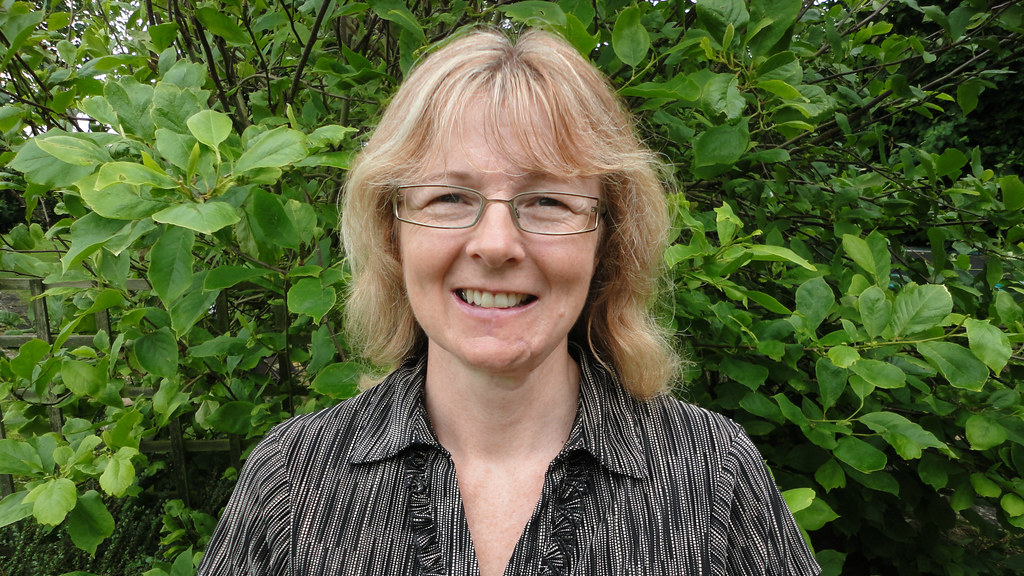Daphne Jackson was the first female professor of physics in the UK.
The Daphne Jackson Fellowship Scheme is a unique part-time fellowship designed to return scientists, engineers and technologists to their careers after a break. It is supported by funding from the Royal Academy of Engineering and the University.
They are flexible and include a tailored training programme designed to update the skills and knowledge of the Fellow thus allowing them to return at the appropriate level to their career.
Dr Cornwell completed her PhD research over twenty years ago, and worked in industry at Exxon Mobil for four years before taking a career break to have a family.
Since that time, Dr Cornwell has undertaken various part-time roles that have allowed her to maintain her general business skills, and now that her family has grown older and therefore less dependent she is reconsidering her career options.
Dr Cornwell said: “I had begun to apply for roles at Bath and in other institutions but due to my career gap I needed a role that would support me in updating my knowledge and skills. The opportunity to undertake this role offered the perfect combination of research and training.”
Dr Cornwell is joining the leading-edge Costing Research Group in the Department of Mechanical Engineering, an established group of eight researchers. She will work on a project titled ‘Estimating the through-life in-service costs for long-life high value assets in the water industry’.
Dr Cornwell said: “The project aims to determine whether the techniques developed and the conclusions drawn from research into costing for through-life availability of avionic products in the defence industry can be successfully extended into the water industry.”
Dr Linda Newnes, Head of the Costing Research Group, said: “This Fellowship scheme is the perfect route back into research for Dr Cornwell.
“In parallel with research, the Fellowship scheme includes an extensive focus on training in research and generic skills.
“The goal of the training programme is to acquire the skills and knowledge required to undertake research in the Group, and to develop transferable skills which increase the Fellow’s future employment opportunities.”
The Fellowship is for a period of two years, on a part-time basis.

